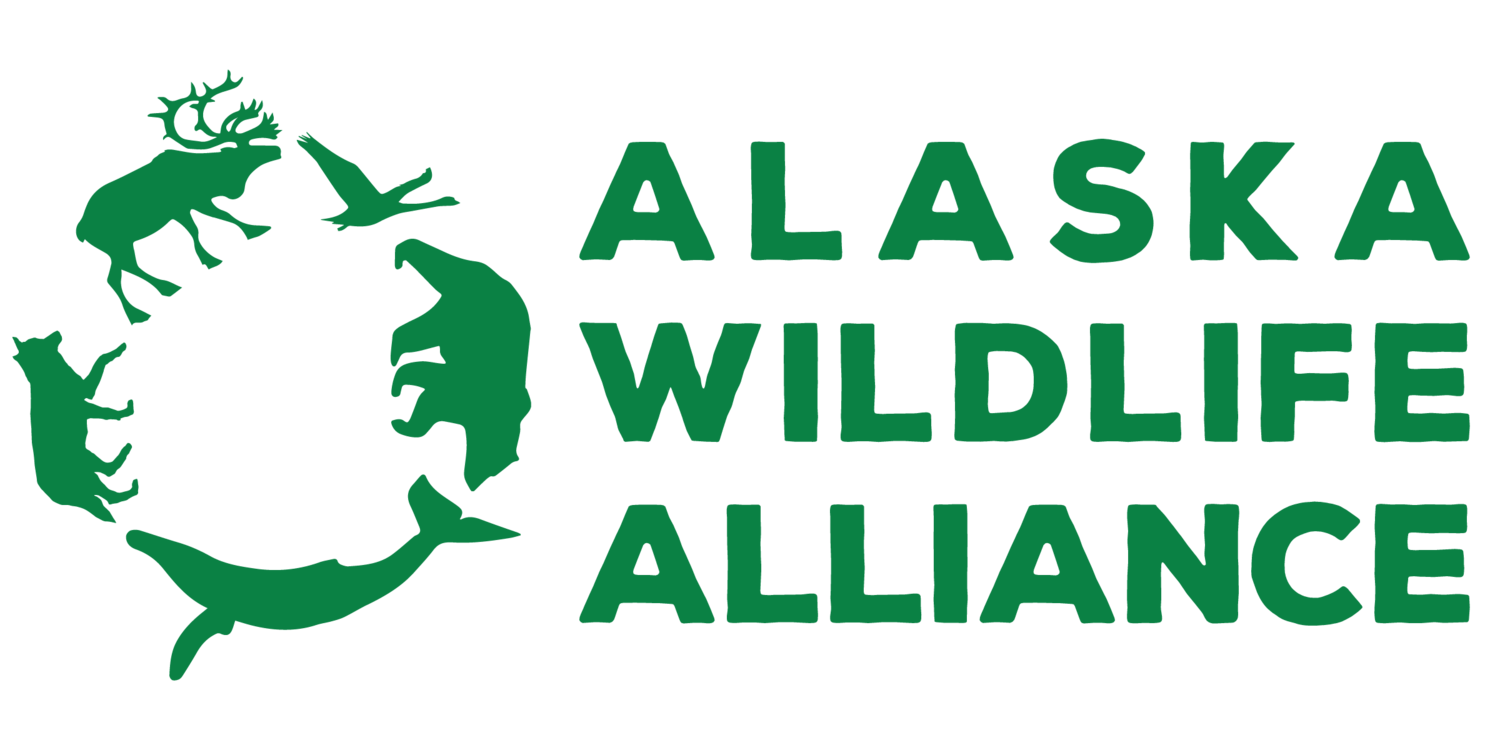Today is a historic day for Alaska’s bears! Judge Guidi of the Superior Court of Alaska ruled in favor of the Alaska Wildlife Alliance, finding that the Mulchatna Bear Control program—in which the State has aerially gunned nearly 200 brown bears —was unlawfully adopted.
Trapping Setbacks Secured for the Mat-Su!
AWA's 2024 Annual Report is Here!
Congratulations to AWA's Vice President, John Morton!
A huge congratulations are in order for AWA’s Vice President, John Morton. John was recently awarded the Olaus Murie Award for Outstanding Professional Contributions by the Alaska Conservation Fund.
AWA's Vice President John Morton Published in Ecosystems and People!
Our Vice President, John Morton, Was Published in Frontiers in Ecology and Evolution!
Victory! BOG Adopts Proposal for Trap Setbacks on Future Kenai Wildlife Crossings
AWA and 'A Good Wolf' at Mountainfilm Festival!
AWA Speaks at the Climate Change Preparedness Conference in Las Vegas
AWA Executive Director, Nicole Schmitt, and Board Member Angute'karaq Qakvalria, Estelle Thomson spoke at the Climate Change Preparedness Conference in Las Vegas last month.
The three-day event included climate experts, government officials and policymakers, community organizers, youth leaders, environmental professionals, and other stakeholders from around the country.
Victory in Our Lawsuit to Protect Beaufort Sea Polar Bears!
Our Recent Victory for Endangered Beluga Whales!
Our 2023 Annual Report!
AWA on Wild for Change Podcast: Beluga Whales
Another publication! Geographic Origins of Shorebirds Using an Alaskan Estuary during Migration
We Published! Impact of Climate Change on Alaska Natives in December 2023 Journal of Environmental Health
From the abstract: Alaska, with its unique geographical and ecological characteristics, is experiencing the detrimental effects of climate change at an alarming rate. The Alaska Native (AN) population, deeply connected to the land and its resources, faces disproportionate vulnerability to these impacts. We call attention to climate change impacts on AN food sovereignty, mental and behavioral health, cultural and spiritual practices, resiliency and adaptation, and how local Alaskan organizations are addressing climate change impacts.
This article also highlights the urgent need for environmental public health professionals to engage with AN and Native American communities, address health inequities, and participate in mitigation and adaptation efforts to address the environmental public health threats and consequences of climate change. Increasing awareness of climate- related health impacts on these communities is crucial and immediate actions are needed to support safer, healthier, and more sustainable and climate-resilient communities. Government agencies at all levels should also seek to integrate perspectives from Indigenous Peoples, engage in co-management strategies, and provide equitable funding and support for Indigenous communities. Unity, resilience, and adaptation become attainable goals by joining communities in caring for the environment. This message resonates not only in Alaska but also globally, highlighting the need for collective action in the face of climate change.

























